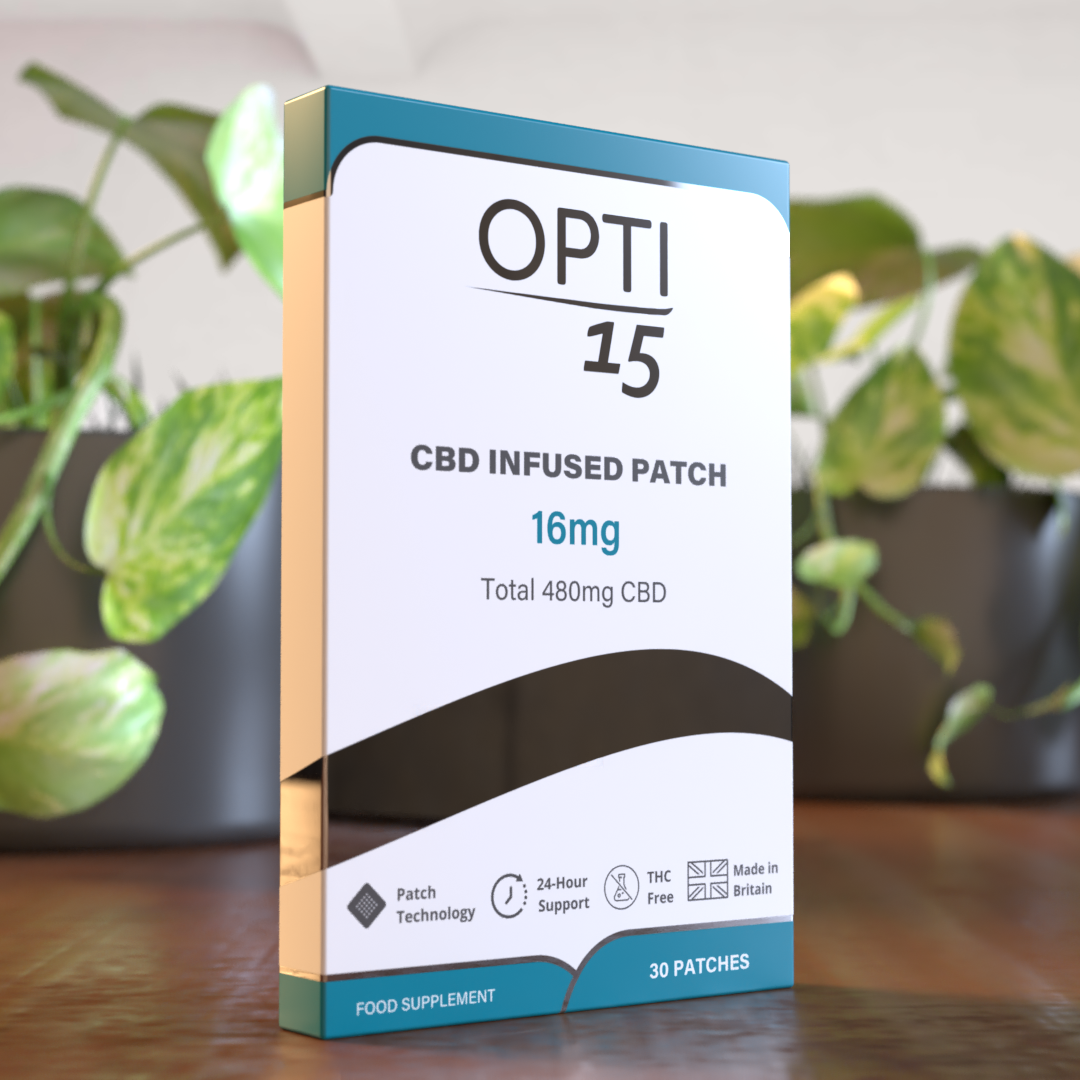Heart Palpitations at Night: 7 Common Triggers Explained

Has your heart ever skipped a beat, fluttered, or raced? It may surprise you to learn how common these feelings are. They are called heart palpitations. Heart palpitations can sometimes be harmless, but they can also be a sign of an underlying condition.
Palpitations of the heart can occur at any time of day. On the other hand, other people might only notice them at night more frequently. Here are some facts regarding night-time heart palpitations. You can better control your symptoms and seek medical attention as needed if you know what causes and triggers heart palpitations.
What are heart palpitations at night?
Your heart feels as though it is racing, pounding, or thumping rapidly when you have heart palpitations. It can also feel like you have an additional heartbeat or that your heart is skipping a beat. Your heart may beat in your chest, but it's also normal to feel it in your throat or neck.
Heart palpitations can occur at any time, even while you're sleeping at night. Although they can be frightening, they are mostly not harmful. Sometimes people are too busy to notice during the day, even though they might be experiencing the same heart rate.
It is less common, but night-time heart palpitations could also indicate a significant medical issue like arrhythmia or irregular heartbeat. You should get checked with your provider if you frequently have a racing heart when you lie down. Seek immediate medical attention if you experience chest pain, breathing difficulties, or palpitations.
Symptoms of heart palpitations:
If you have never had heart palpitations before or if they are unexpected, the symptoms may be alarming. Among these signs are:
The sense of your heart stopping momentarily or having an irregular pulse, or a "fluttering" feeling in your chest
- a rapid or racing heartbeat
- Night-time palpitations that are brief and infrequent are typically not a reason for concern. In general, palpitations of the heart are not harmful.
However, if you have heart palpitations and any of the following symptoms, you should consult a doctor right away:
- shortness of breath
- fainting or loss of consciousness
- chest pain
- feeling lightheaded
- shortness of breath
- fainting or loss of consciousness
- chest pain
- feeling lightheaded

7 Causes of heart palpitations at night:
Heart palpitations are typically benign and unrelated to a medical condition. They occur when the heart contracts (beats) too quickly or out of rhythm. This is referred to as a premature atrial contraction (PAC) or premature ventricular contraction (PVC). Almost everyone occasionally has a PVC or PAC. However, not everyone experiences them.
Due to their sleeping position, some people experience palpitations when lying down. Increased internal pressure from sleeping slumped over on your side can result in palpitations. The following are just a few more frequent reasons for heart palpitations:
-
Stress and anxiety: A panic attack usually causes palpitations in the heart.
-
Dehydration: In the body, electrolytes are minerals. They govern the rhythm of your heart.
- Medications that contain pseudoephedrine, such as nasal decongestants and diet pills. Heart palpitations are another effect of nicotine.
-
Obesity: The risk of heart disease and irregular heart rhythms is increased in people who are overweight.
-
Palpitations after eating: Palpitations can occur after eating which can be worrying. When the body diverts blood to the digestive system, the heart's effort may be increased. A fluttering chest can also be caused by rich meals, a high sugar intake, or foods heavy in sodium.
-
Hormonal changes: Some women experience heart palpitations due to hormonal changes, such as those that occur during menstruation, pregnancy, or menopause. Palpitations may result from these alterations that impact the neurological system.
- Medical conditions: Health issues like these might occasionally be the root cause of irregular heartbeats.
-
- Thyroid conditions, particularly hyperthyroidism
- Anaemia
- Low blood sugar levels
- Problems with the heart valves,
- Abnormal cardiac rhythms, or arrhythmias
Other stimulants that can lead to heart palpitations at night are things that we come in contact with every day, such as:
- stimulants like caffeine, nicotine, over-the-counter pharmaceuticals that include pseudoephedrine, or substances like cocaine or amphetamines
- Sleep deprivation or alcohol overuse
- Anxiety or depression
- Fever from stress
- Intense activity
How to stop heart palpitations at night?
Heart palpitations usually don't need to be treated unless you've already visited a doctor and been told that you have an underlying cardiac issue. The symptoms usually subside in a matter of seconds.
The most crucial method of preventing palpitations is to stay away from their triggers. For instance, if you smoke or drink excessively, you might want to think about stopping or reducing your use of these substances.
How are heart palpitations diagnosed?
Your healthcare professional will listen to your heart and inquire about your symptoms. To check for anemia or infection, they might suggest a blood test (complete blood count, or CBC). Additionally, a blood test may reveal symptoms of a thyroid issue or vitamin insufficiency.
They might do an electrocardiogram (ECG or EKG) to track your heart rate. This test uses skin-attached sensors to assess your heart rate. During the test, which typically lasts fifteen minutes, they can urge you to lie down.
An EKG frequently misses heart palpitations. During the exam, your heartbeat may not be abnormal. If this occurs, your doctor might suggest an ambulatory electrocardiogram, like a Holter monitor. You carry on with your everyday activities while wearing this device for a maximum of one week. It captures your heart rate (as well as any irregular heartbeats) and saves the data for your healthcare physician to examine.
How to prevent heart palpitations at night?
Heart palpitations at night are unavoidable, but you can reduce your risk. What you ought to do:
- Avoid consuming excessive amounts of caffeine or alcohol, particularly right before bed. Discuss a smoking cessation strategy with your healthcare practitioner if you smoke.
- A large dinner, particularly one that is heavy in fat, carbohydrates, salt, or sugar, should not be consumed just before bed.
- For depression or anxiety, get help. Consult your healthcare practitioner about antidepressant medications and treatment options.
- Make a daily effort to lessen stress. Try yoga, meditation, diaphragmatic breathing, and other methods of relaxation.
- Keep your weight in check. Ask your healthcare physician about a weight loss strategy if you are obese or carry excess weight.
When to see a healthcare provider?
You should make an appointment with your provider if you frequently experience heart palpitations when lying down or at rest. Heart palpitations at night are usually harmless. To make sure these aren't symptoms of a major health issue, it's crucial to see your provider.
Seek immediate medical attention if you experience heart palpitations and:
- discomfort or chest pain
- Breathing issues, such as shortness of breath or difficulty breathing.
- Perplexity or lightheadedness.
- Fainting or losing consciousness (syncope).
- Severe edema, or swelling, in your extremities, particularly in your feet, ankles, and legs.
- Unusual or unexpected exhaustion.
Additionally, if your fitness device warns you of a heart rate above 100, you should get medical help.
Conclusion:
Night-time heart palpitations might be frightening, but they are usually harmless and caused by routine behaviours or temporary stressors. These episodes are typically lessened or even avoided by being mindful of your stress levels, food, water, and sleeping position. It's critical to consult a healthcare professional to rule out more serious causes if you experience persistent symptoms or other concerning signals, such as dizziness or chest pain. For the majority of people, a few easy lifestyle changes can improve the quality of their sleep and the rest of your heart.
References:
- https://my.clevelandclinic.org/health/diseases/21700-premature-atrial-contractions
- https://www.wellandgood.com/lifestyle/heart-races-at-night
- https://www.healthline.com/health/breathing-difficulties
- https://www.healthline.com/health/chest-pain
- https://my.clevelandclinic.org/health/diagnostics/21491-holter-monitor


